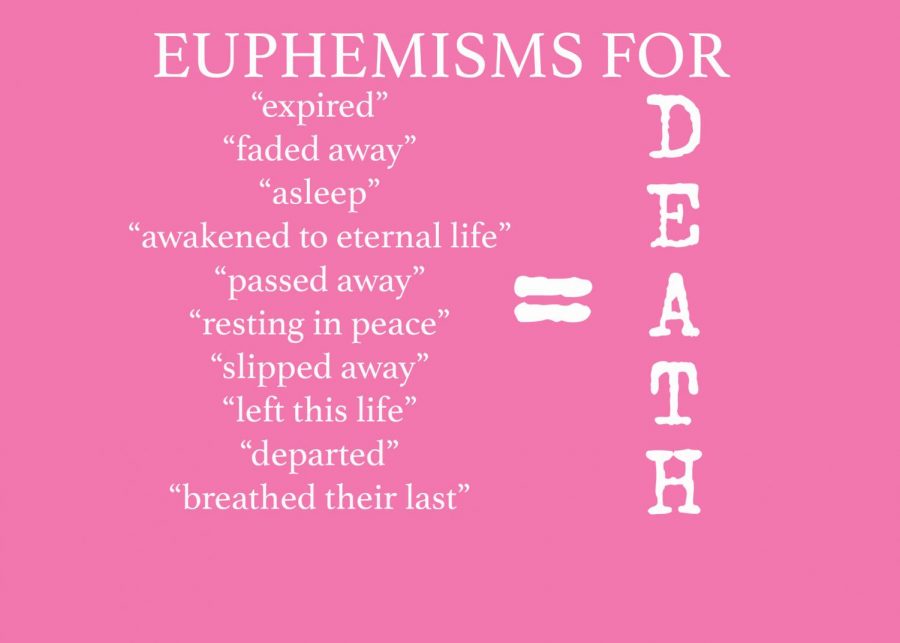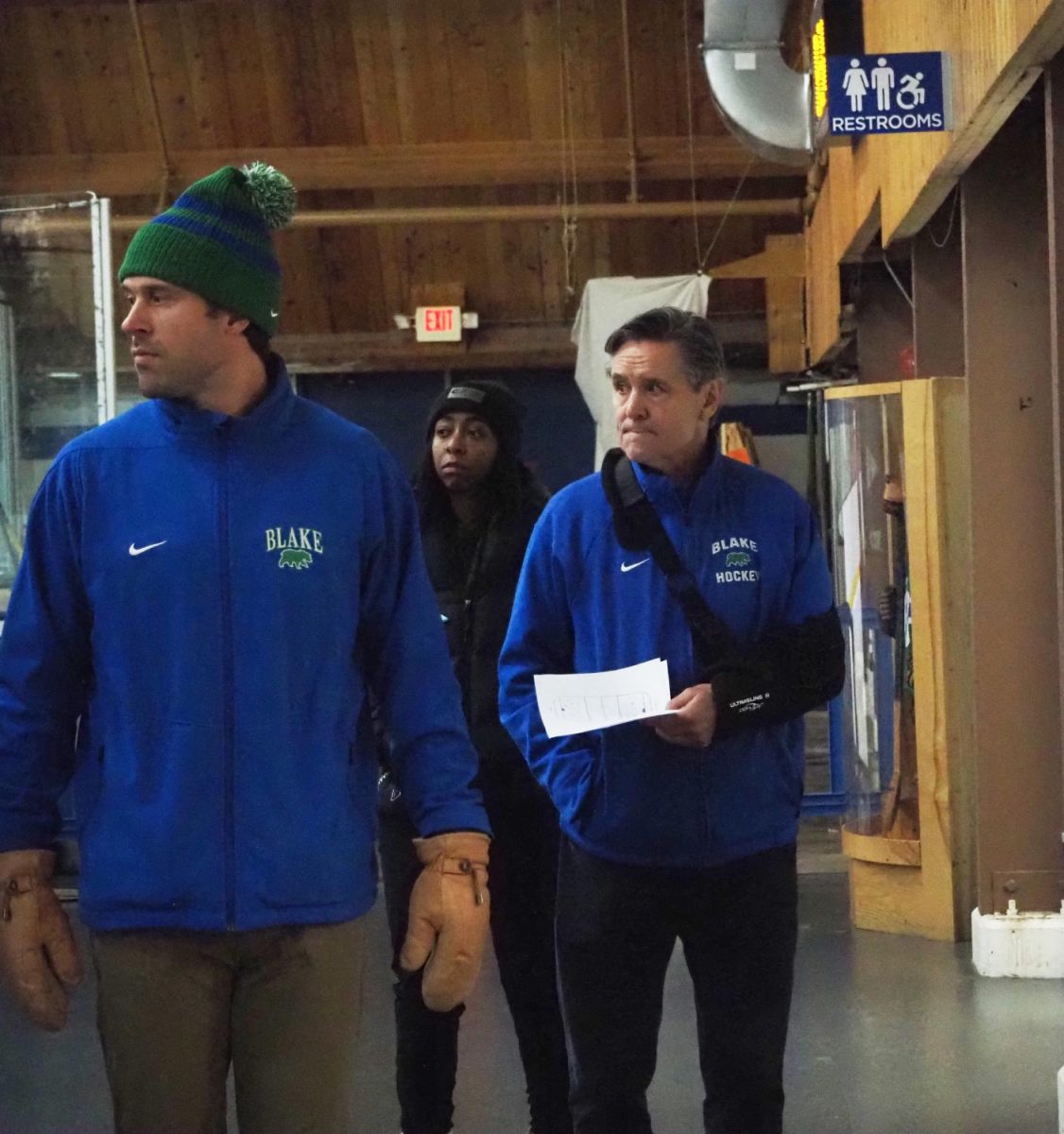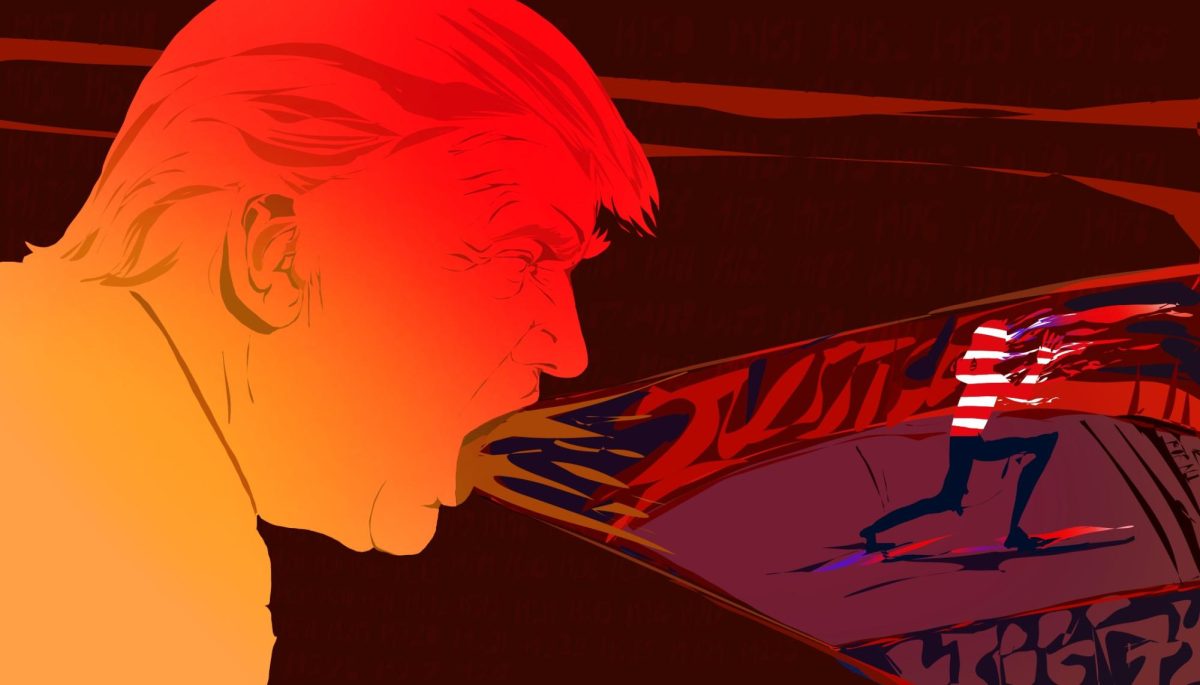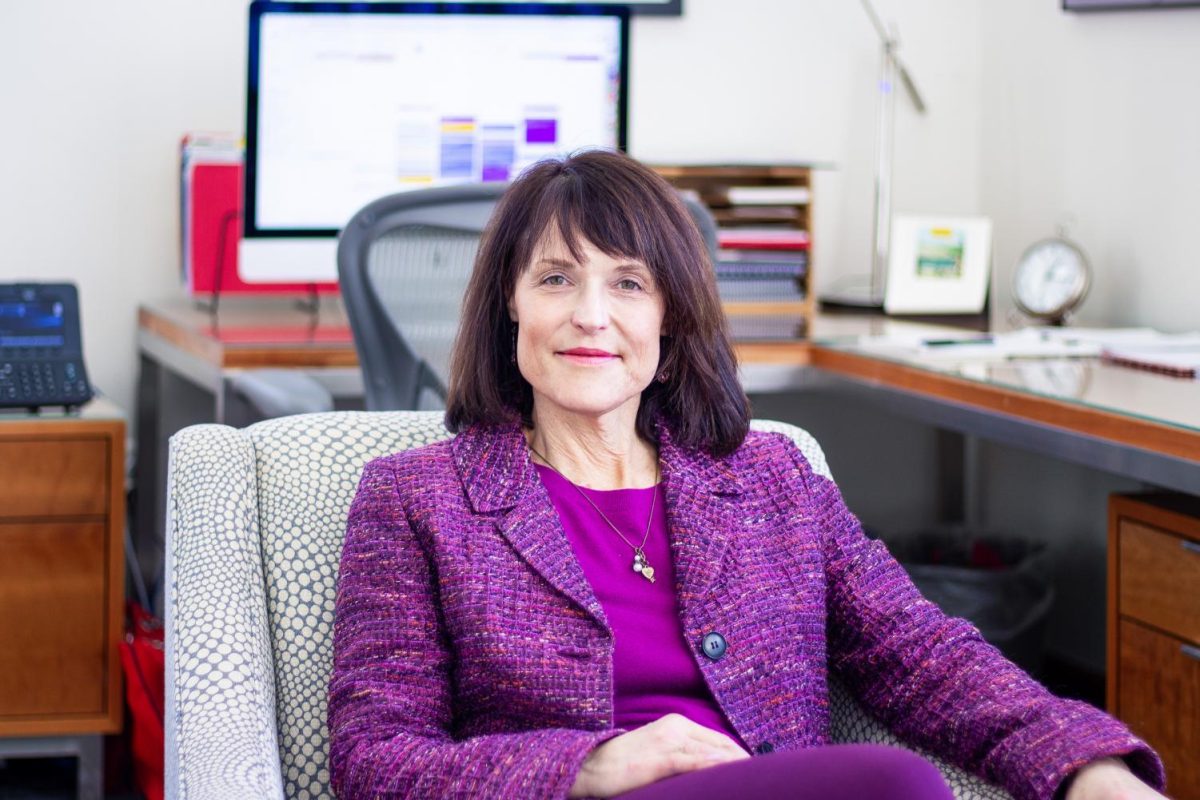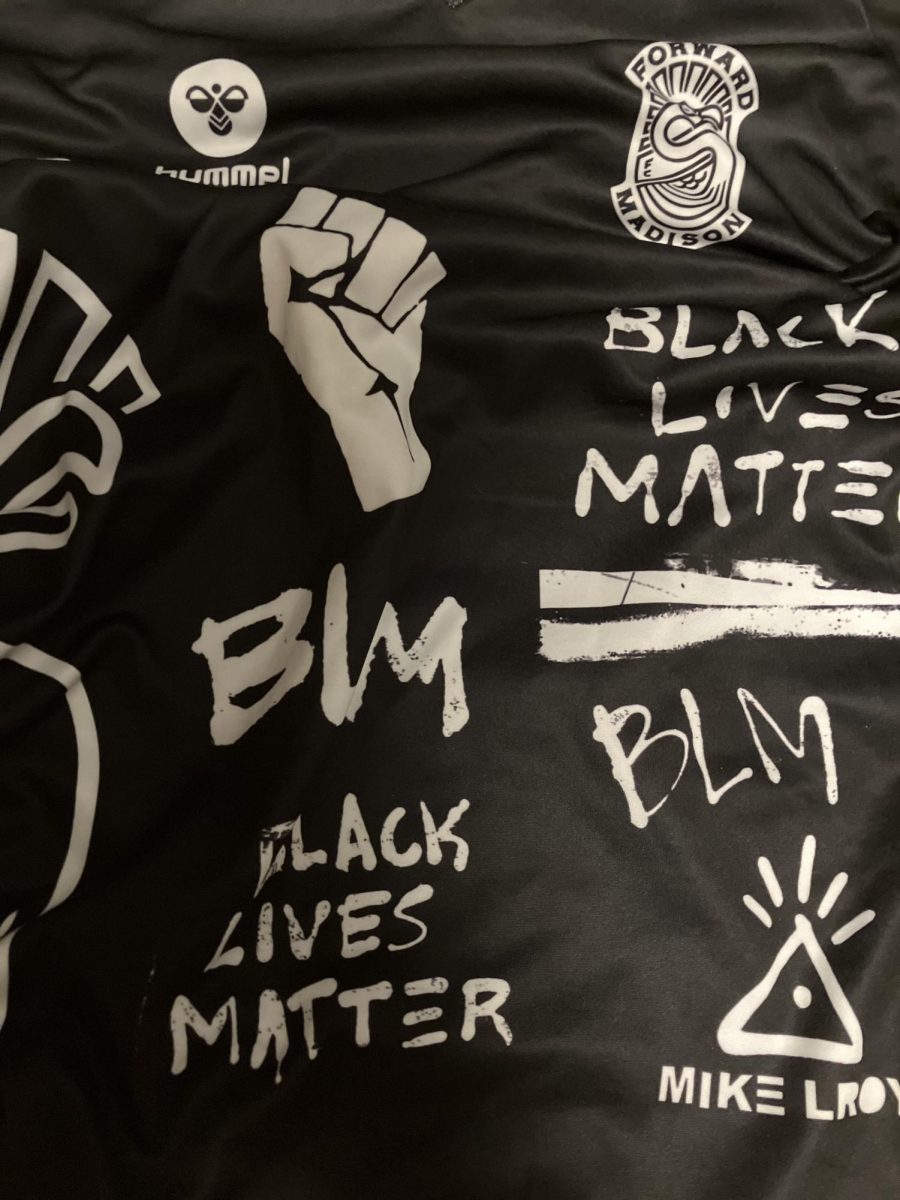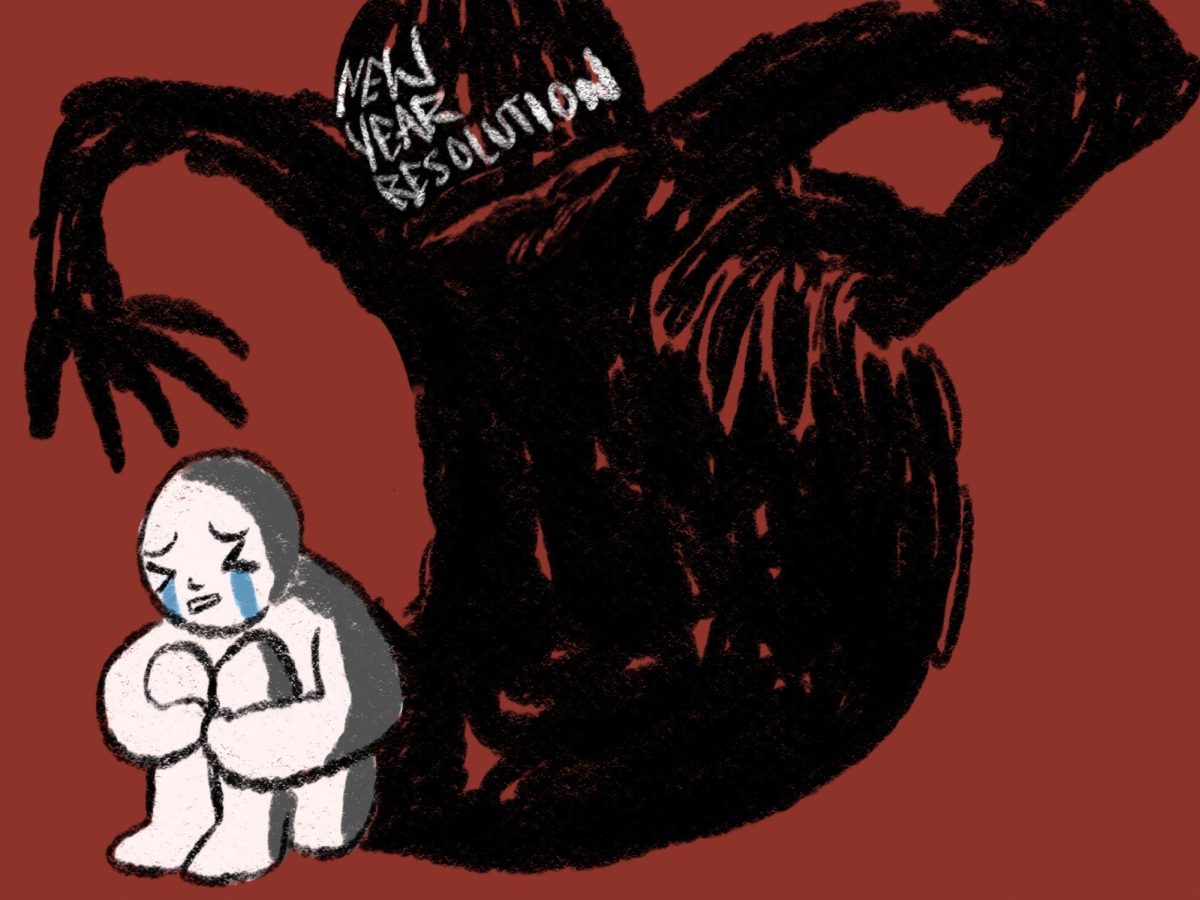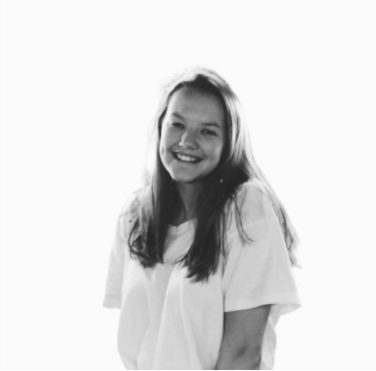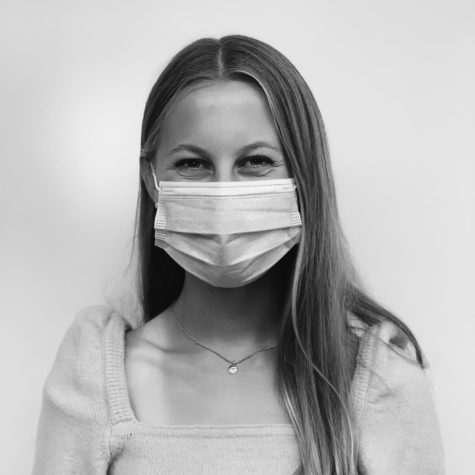From “Things Fall Apart” by Chinua Achebe to “The Great Gatsby” by F. Scott Fitzgerald and Macbeth by William Shakespeare, it sometimes seems like any great classic ends with death. Although students talk about death with a literary and analytical lens, there is a lack of conversation about our own beliefs around death and the afterlife.
When asking students about their thoughts on the afterlife, there was no clear consensus but rather an underlying theme of not letting this big philosophical question get in the way of living life. Fifi Tierney ’24 supports this sentiment, stating, “I guess I don’t really know what I believe in. I kind of just focus on the present moment and just hope that whatever is an afterlife is not painful and nice and relaxing.”
Similarly, Ingrid Vorbrich ’22 shares, “I grew up Episcopalian, and so my family believes, not in strict heaven or hell, but that there is an afterlife. And I get that perspective, but I just feel like I’m someone who doesn’t really think theoretically, and it doesn’t really make sense to me. I would rather live in the moment.”
Although many students could not give a clear answer of their beliefs of whether there is an afterlife, some students believed that there is not much after death. Another student in the Class of 2021 does not believe in an afterlife. She goes on to say, ìI think you just disappear. However, despite feeling “an impending sense of doom”when it comes to death, her parents influenced her to stay focus on living: “I have been raised to believe religion is kind of a scam and that it’s just kind of our way of trying to bring purpose to our lives when we should really ground ourselves in living instead of dying.”
Samrat Pradhan ’21 also has a non-spiritual view, stating, “You don’t think anymore you’re dead … There is no way you can still function.”
The perspective of there being nothing might make the most sense scientifically to some, but religion and the hope of an afterlife can be more comforting when thinking about death. Audrey Anderson ’23 shares, “It’s not like I do believe, but I hope there is an afterlife.” Other students root their beliefs in how they grew up; Nick Emptage ’23 states, “I believe in heaven because my religion believes in heaven. I feel like based on what I’ve learned in bible school, that’s what happens when you die.”
As expected, every student had individual beliefs and influences about the afterlife. However, whether you believe in an afterlife or not, death is one of the most uncertain subjects since we cannot ask the dead ourselves. So with this unknown and slightly uncomfortable topic, it is important to respect others’ beliefs and not get wrapped up in the “after.”


